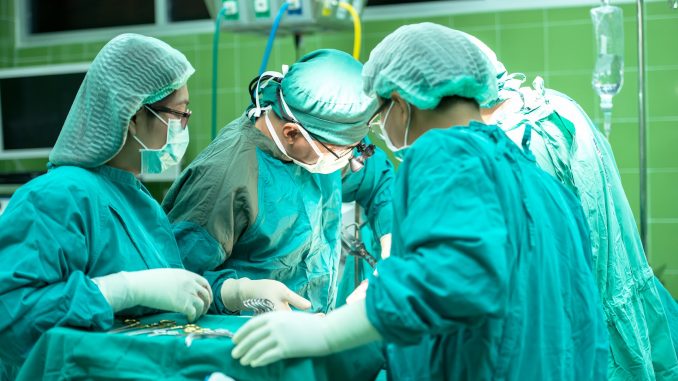
A new study has reported that patients who have heart surgery in the morning are twice as likely to have potentially fatal complications are a result of the surgery. The research looked at 596 heart valve surgeries in order to assess the impact the time of operations has on complications.
In the 500 days after surgery, a total of 54 out of 298 morning patients (18%) experienced a “major cardiac event” such as heart attack or heart failure. This is in comparison to 28 out of the 298 afternoon patients (9%) experiencing complications.
The researchers who carried out the study believe that the difference in results might be put down to the impact of our body clock and our hearts being stronger in the afternoon than at other times of the day. Proffesor Bart Staels, a researcher who took part in the study believes that the results are not sufficient to stop patients having surgery in the morning.
He claims that “We don’t want to frighten people from having surgery – it’s life saving,” he said, adding that it would be impossible for hospitals to only conduct afternoon operations. If we can identify patients at highest risk, they will definitely benefit from being pushed into the afternoon and that would be reasonable”
Dr Mike Knapton, associate medical director at the British Heart Foundation, said “thousands of people now have open heart surgery in the UK. These procedures can take many hours and come with a number of risks. The time of day appears to be a significant factor in the outcome from surgery, with better outcomes if your surgery is in the afternoon”
He also pointed out that “If this finding can be replicated in other hospitals this could be helpful to surgeons planning their operating list, for non-urgent heart surgery. The study also suggests that modifying the genes responsible for this phenomenon could lead to the development of new drugs to protect the heart from damage during open heart surgery.”
Dr John O’Neill, from the MRC Laboratory of Molecular Biology, added that medically speaking, these results are not surprising.
“Scientifically it is not hugely surprising, because just like every other cell in the body, heart cells have circadian rhythms that orchestrate their activity to anticipate the external rhythm of night and day – i.e. our heart ‘expects’ to work harder during the day than at night, with the opposite being true in mice,” he said in a statement.
“In healthy individuals, not engaged in shift work, our cardiovascular system has the greatest output around mid/late-afternoon, and explains why professional athletes usually record their best performances around this time. In the morning, just after we’ve woken up, the cardiovascular system is not yet at peak performance, which partly explains why heart attacks and strokes occur more frequently in the morning.”


Leave a Reply